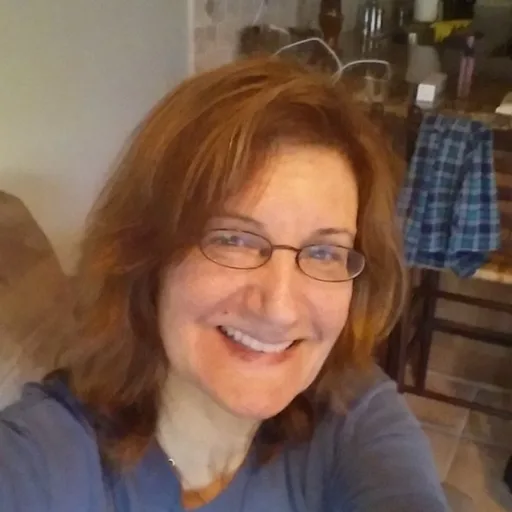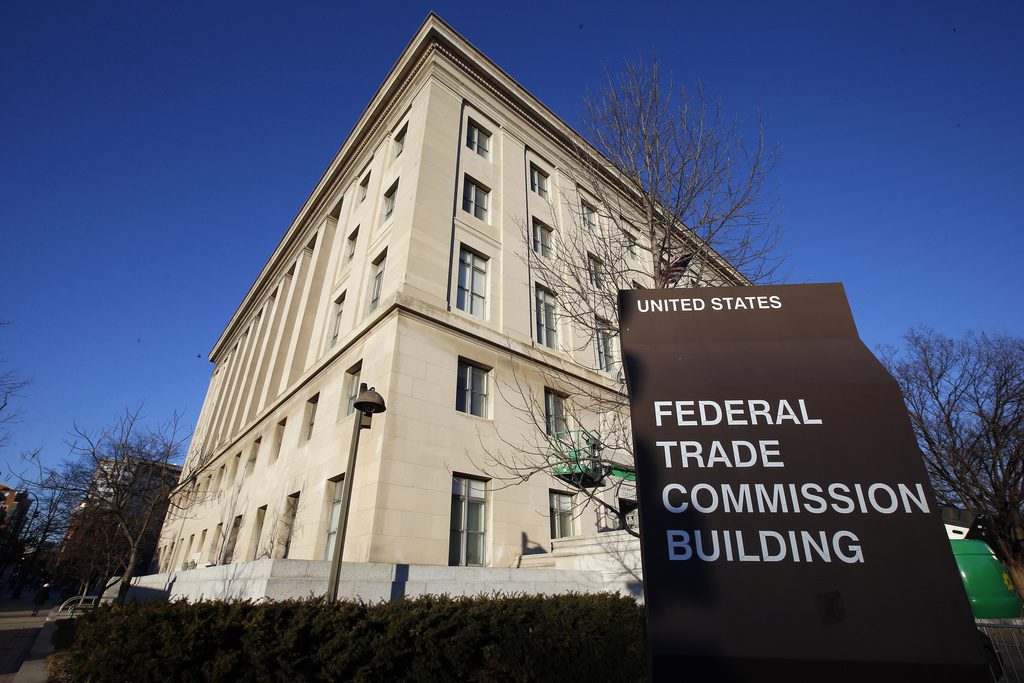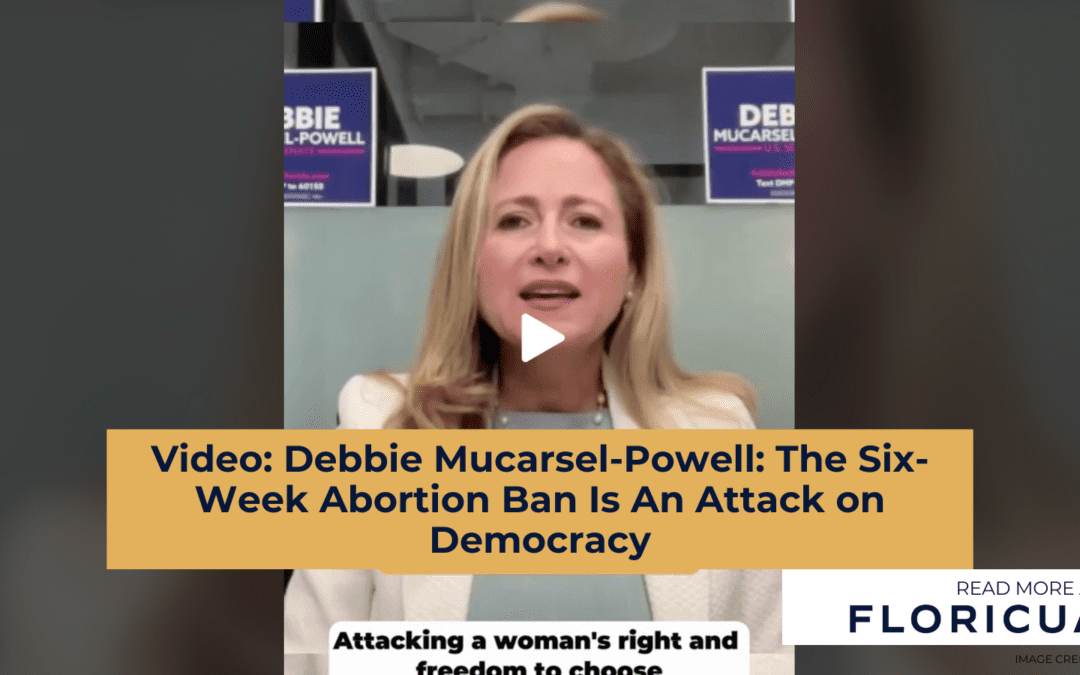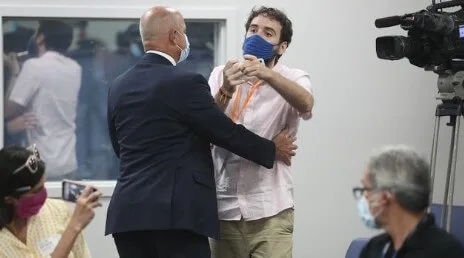
Image via Thomas Kennedy Twitter
An independent journalist is among several Florida reporters raising red flags over what they call DeSantis’ ban of members of the press that express opposing views.
“The ability of a free and independent press to hold political leaders accountable is what makes open government possible—it is the heartbeat of democracy,” wrote Madeleine Albright in “Fascism: A Warning.”
The 64th United States secretary of state was, in fact, issuing a warning to Americans about then President Donald Trump’s attempt to discredit journalists by labeling the mainstream media biased, and causing large swaths of the public to lose trust in the press.
Today, several Florida journalists are raising red flags over what they are calling Gov. Ron DeSantis’ administration’s ban of journalists that have expressed opposing views.
Thomas Kennedy, a freelance journalist originally from Argentina who is also a community organizer, is among those who are calling out the DeSantis administration for instead giving access to those journalists who are, by his administration’s own standards, “friendly.”
You have recently stated that Gov. DeSantis has a team of “friendly” reporters. What did you mean by that?
That’s not a term that I came up with. DeSantis’ communications team has a list of so called reporters, [but] really, they’re propagandists of far right media outlets that basically are tasked with uplifting the messaging that stems from DeSantis’ press shop. And the senator’s own communications staff calls them “friendlies.”
You have said that one of the so-called “friendlies” participated in the Jan. 6 riots.
Within this list [of “friendlies”] is an individual named Brendon Leslie, who has a far-right blog, and was actually present during the Jan. 6 riots. He filmed himself saying “Oh, I wish we could just storm in there and tell these people what’s up.” And then he actually went in and stormed the Capitol. He actually said that he hoped that he could lead the march inside the Capitol. And he did.
What has your experience as an independent reporter been like, when trying to cover Gov. DeSantis?
I’ve been an ardent critic of the governor. But that is the job of the press, in my opinion: to report the truth. I tried to go to a governor’s press conference at the Port of Miami where he was doing a presentation detailing a lawsuit against cruise lines regarding the vaccine requirements. And as soon as I got there, without even attempting to enter the press conference [after parking the car in a public space], I was immediately surrounded by patrol cars and asked to step out of my vehicle. And you know, “hands where I can see them,” all the usual police procedure. I was detained for about 30 to 40 minutes, if I remember correctly, and I was never told the reason why. And the Port of Miami is a public place; there’s even public transportation that goes there, so anybody can be there. But when I mentioned that it was a public space, they said “not for you.” I was just told that they had an order from someone to remove me. This is all on video that I’ve published and tweeted.
You mentioned that there is a public dossier on you. How did you find out?
I obviously was curious about why I was detained. How did they know my car? So, through hunting and requesting public records, I managed to get the incident report saying that they actually got my vehicle information and personal information from the Florida Department of Law enforcement at the behest of the government and that of the governor. And they were basically on the lookout for me. Through more hunting the public records we were able to uncover an 89-page dossier on me, detailing my political activities. And then about 80 or so pages of just screenshots of my social media activity and emails regarding me, and even things that other people comment on my social media posts.
RELATED: Under DeSantis’ Leadership, the ‘Free State of Florida’ Wants to Limit Protests at the Capitol
Is there a reason why you may have been singled out?
The ironic thing is that if you look at the first page of the dossier where they detail my political activities, they say that “this individual has no history of violence.” So they acknowledge that I’m not an active threat or have never been a threat to the governor’s safety, but I’m just a political annoyance that needs to be contained and kept far away from him. It’s as if they’re monitoring dissent.
Have you witnessed other similar incidents of banning or repressing the press?
There was an individual named Ben Frazier, a member of the National Association of Black Journalists (NABJ), who was forcibly removed and arrested at a Gov. DeSantis’ press conference in Jacksonville, simply because he was identified as a critic of the governor in the past. He is in his seventies, not disruptive by any means, and [as a] constituent, he had every right to be there. Grant Stern, of the progressive political organization Occupy Democrats, was physically thrown out of a governor of DeSantis’ press conference. He waited for the Q & A section of the press conference to ask a question about the January 6th commission [and] he was picked up and thrown out and actually suffered a knee injury. CNN reporter Rosa Flores was berated by the governor on air when she tried to ask a question about the lackluster registration for vaccine access early in the pandemic. These are just some examples, but there is a clear pattern and history of reporters either getting arrested, threatened, denied access or berated by the governor when they put even the smallest inkling of criticism or push back against him.
What does this bode for the freedom of the press in the so-called “freest state in the nation,” according to DeSantis?
It creates a chilling effect, because not only does it deny access to those who are critical of the governor, and prevent them from doing their job, but it also creates a chilling effect for those who are expected to have access by their editors, because they [fear] they’ll be prevented from doing their job. So, it creates a culture that I think is really toxic for journalism.
RELATED: De Santis’ New Law Requires Students to Observe ‘Victims of Communism Day.’ State Democrats See the Irony.
What is your explanation for this toxic relationship with the press, and for DeSantis’ administration in general?
We know who the model is for the DeSantis administration, because his Press Secretary, Christina Pushaw, has told us that they have based a lot of their behavior towards the media and a lot of their cultural war policies on Hungarian authoritarian leader Viktor Orbán. Orbán has been present at Conservative Political Action Conference (CPAC) events with Republican officials from Florida. So, you know, they are actually coddling and appearing with dictators, and are modeling their policies. [But] aside from authoritarianism, there is so much corruption and so much bad governance where people’s basic needs are not being met.
You’ve said that this last midterm elections showed that most Americans across this country are rejecting this sort of extremism and divisive, hateful politics. Why do you think Florida bucked the trend?
We [Florida Democratic Party] have to be introspective about what we’re doing and failing at doing to reach these voters. It is worrisome, you know, that so many people can look at this guy and decide that, yeah, this is the person that I want leading our state. Because he is obviously planning on running for president in 2024, and it would be a disaster if he gets anywhere close to national office.
Anything you’d like to add?
I think it was Plato who said that “one of the penalties of refusing to participate in politics is that you end up being governed by your inferiors.”
Politics

Get ready, Orlando: Westcourt District promises thrilling entertainment, more
The district will be built in an 8.5-acre complex next to the Kia Center at West Church Street and South Hughey Avenue. Orlando residents and...
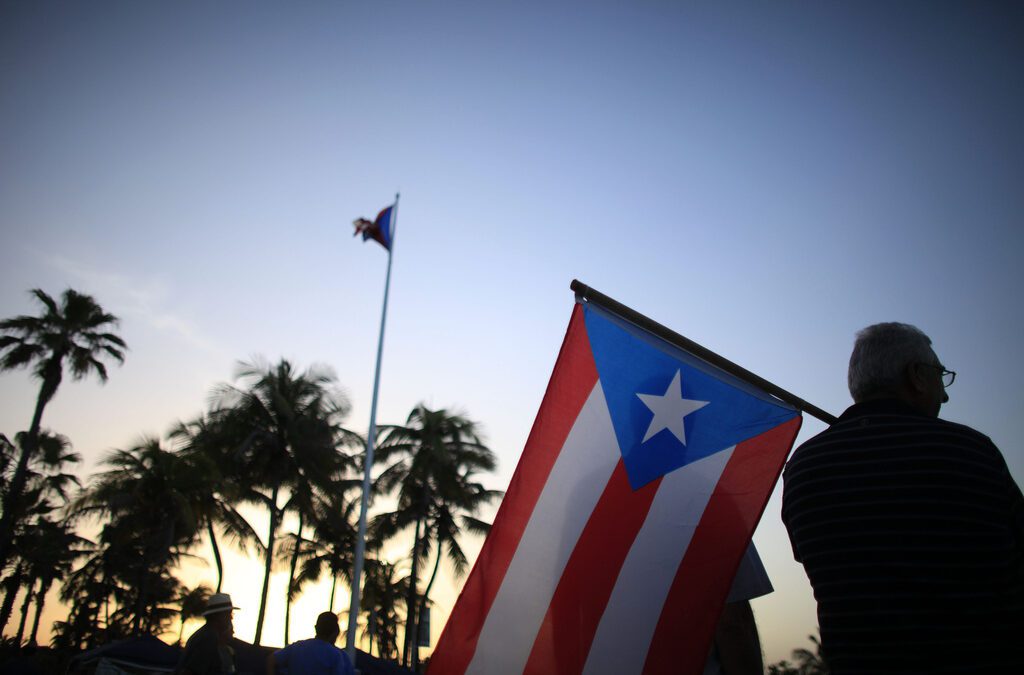


Puerto Rico’s population decline costs $1.158 billion in revenue loss
A report highlights the tremendous impact of population loss on the island's economy and society. A new analysis by the Puerto Rico Legislative...
Local News



Get ready, Orlando: Westcourt District promises thrilling entertainment, more
The district will be built in an 8.5-acre complex next to the Kia Center at West Church Street and South Hughey Avenue. Orlando residents and...



Puerto Rico’s population decline costs $1.158 billion in revenue loss
A report highlights the tremendous impact of population loss on the island's economy and society. A new analysis by the Puerto Rico Legislative...

